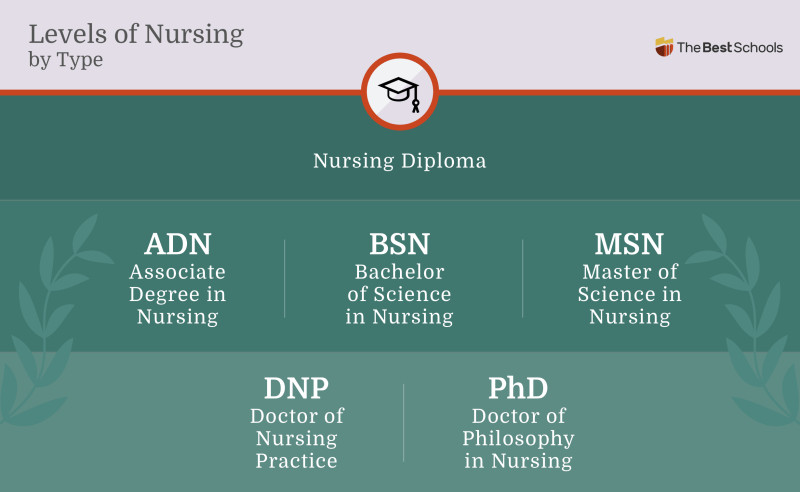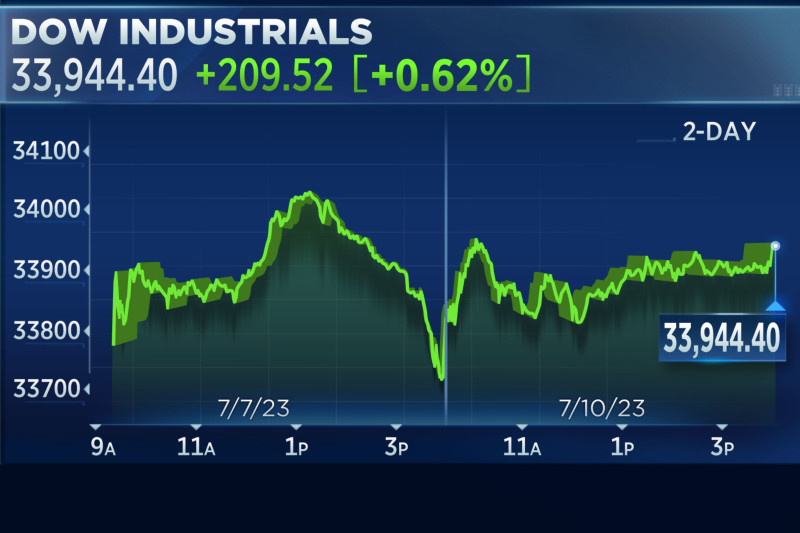The Department of Education has recently made significant changes to its list of recognized professional degrees, sparking debate and concern among various academic and professional communities. These changes, part of a broader effort to redefine what qualifies as a professional degree, have far-reaching implications for students, especially those in fields like nursing and public health.
The Department of Education has proposed a new definition of “professional degrees,” reducing the list from roughly 2,000 programs to fewer. This move aims to streamline the classification of degrees that qualify for higher federal loan limits, but it has also led to the exclusion of several critical fields. Notably, nursing is no longer counted as a 'professional degree' program, which can weaken funding for students wanting to enter the healthcare field. This decision has drawn criticism from organizations like the American Association of Colleges of Nursing (AACN), which highlights the complexity, rigor, and necessity of post-baccalaureate nursing education.
The revised list of professional degrees now includes a more limited set of programs. The final consensus package designates the following as professional degrees: pharmacy, dentistry, veterinary medicine, chiropractic, law, medicine, optometry, osteopathic medicine, and a doctorate in clinical psychology. This list, however, does not include public health degrees, which are at risk under the new federal loan rules. The exclusion of public health degrees from the list of eligible programs could significantly impact students' access to federal loans, potentially limiting their ability to pursue these critical fields.
The Department of Education's decision to exclude nursing and public health degrees from the list of professional degrees has raised concerns about the future of these fields. The exclusion could lead to a decrease in the number of students pursuing these degrees, potentially exacerbating shortages in healthcare and public health professionals. The Department of Education's proposal is part of a broader effort to implement measures listed in Donald Trump's "One Big Beautiful Bill," which aims to streamline federal loan programs and reduce the number of eligible degrees.
Despite the controversy, the Department of Education has emphasized that the changes are necessary to ensure that federal loan programs are used effectively and efficiently. The new definition of professional degrees aims to focus on programs that prepare students for specific, regulated professions, which typically require licensure or certification.
The Department of Education's revised list of professional degrees is a significant development with wide-ranging implications for students, educators, and professionals in various fields. While the changes aim to streamline federal loan programs, they also raise concerns about access to education and the future of critical professions like nursing and public health. As the debate continues, it is essential to consider the broader impact of these changes and the potential consequences for the healthcare and public health sectors.



